If you have read anything online in the past 4 years you will probably believe that sugar is evil and honey, maple syrup, rice malt syrup and dates are the god send. They are the healthy alternative. Look I don’t blame you for believing this. I believed it before I actually studied nutrition and found out exactly how our body digests it all.
I spent a good year ignoring the caster sugar and brown sugar in my cupboard and replaced it with coconut sugar, medjool dates and honey (you name the replacement, I tried it!) to make the perfect ‘healthy baked treats’.
But guess what. All of these ‘replacements’ are all still forms of sugar. We are told they are healthier because they are natural or unrefined.
This statement is completely flawed.
Caster sugar and brown sugar comes from a plant!!! – aka natural
Coconut sugar and rice malt syrup are also all refined and processed!!!
You don’t find them like that in nature. They have to have something done to them to allow them to sit on our shelf.
You could claim that honey, maple syrup and medjool dates are quite natural, they are all found as is in nature. But just like sugar they contain glucose and fructose. While honey contains slightly less fructose and glucose than white sugar it is actually worse for weight loss. Why? Because honey actually contains more calories than white sugar.
It is true that white sugar has a higher glycaemic index than honey meaning it will increase your blood sugar levels faster. However, when have you ever eaten white sugar alone?
Generally, it is added to baking or a beverage which can reduced the glycaemic index and slow down the absorption.
All of these products contain either glucose or fructose or both.
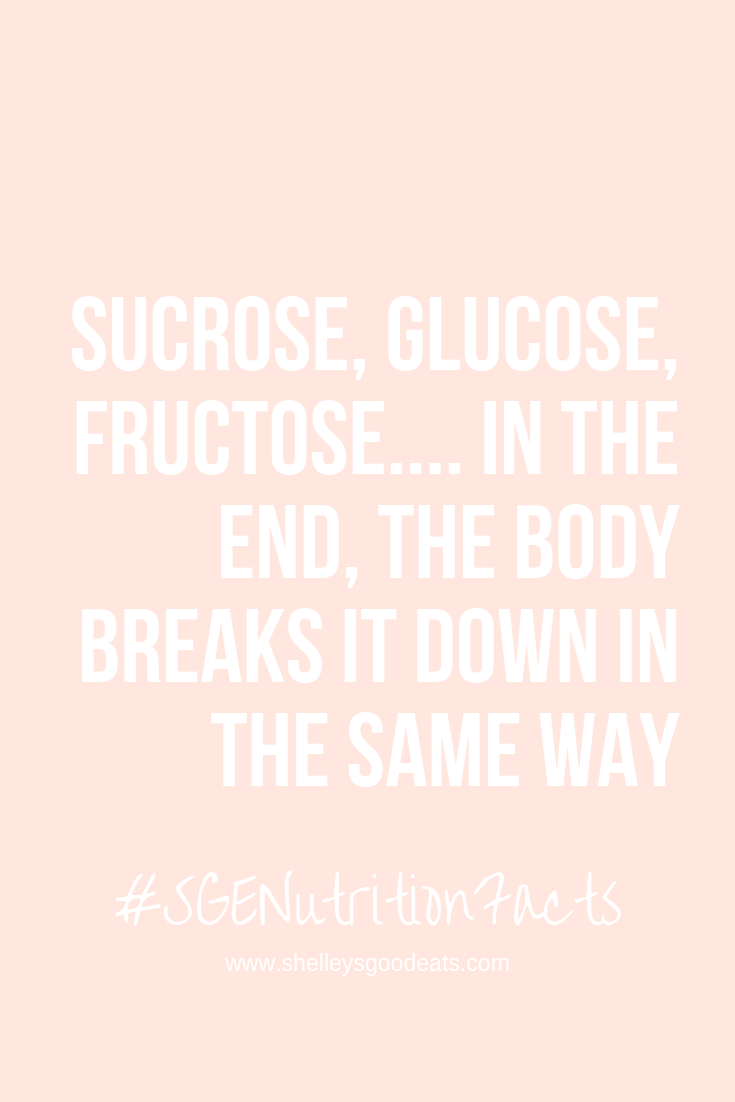
So how is sugar (Sucrose, glucose and fructose) broken down by the body?
I am going to try and keep this as simple as possible.
Glucose and fructose bind together to form sucrose. So, the first thing the body does is break that bond to individually break down glucose and fructose. Once they are broken down into these single molecules, they are free to be absorbed across the intestinal lining into the blood stream to be taken to the liver for further processing (another reason you don’t need to detox).
Glucose is then moved to cells around the body where it is broken down through a process called glycolysis where glucose is broken down into two carbon molecules called pyruvate before then converting to ATP which can be used by our cells to power our muscles and organs.
The breakdown of fructose is similar to this, however can generally only occurs in the liver.
Any glucose that isn’t required immediately for energy use is converted to glycogen and stored for later use. Fructose on the other hand can’t be stored, so is instead converted to glucose like molecules and stored as glycogen.
When the body reaches it glycogen storing capacity that is when glucose is converted to fat. But don’t get confused by the use of glucose in the previous sentence, remembering that both fructose is also converted to glucose like molecules and treated by the body in the exact same way.
So when professionals say that all sugars are treated the same way by the body, that’s because they are.
Conclusion
Whether a product contains glucose or fructose they are both types of sugars and broken down by the body in near exact processes. Remembering again that all the ‘sugar’ replacements do still in fact contain at least one of either glucose or fructose.
The slight different that these alternatives or replacements contain are micronutrients, but that makes next to no difference to how the sugar is actually broken down.
Overall the best advice I can give when talking about sugar (and by sugar, I mean any form of it!) is to try and reduce your overall amount. If you currently like 2 tsp of sugar or honey in your coffee reduce it by ¼ tsp each week and within a month you will have halved your sugar intake. The small incremental changes are the best way to reduce sugar intake and slowly adapt your taste buds.
The facts in the article are the reason I still use brown and white sugar in so many of the recipes you will find on my website. Where I can I reduce the amount of sugar in a recipe, but if it’s still quite high, enjoy it for what it is. A TREAT. Because whether a recipe has 1 cup of sugar or 10 medjool dates it isn’t something that we should be eating in high quantities.
I do still use maple syrup and honey in baking, but I do this for the flavour profiles they lend to a recipe, not the ‘health benefits.

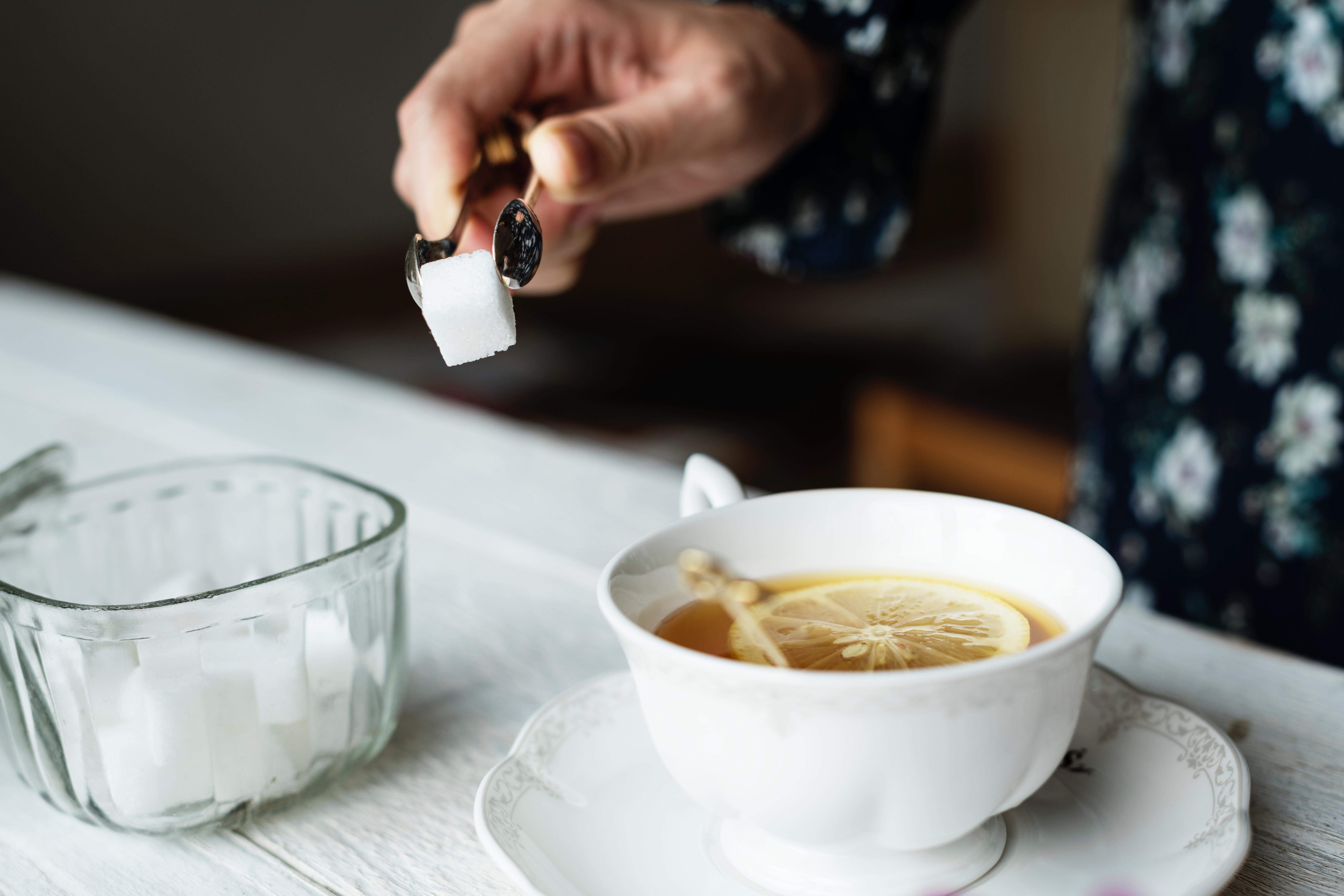
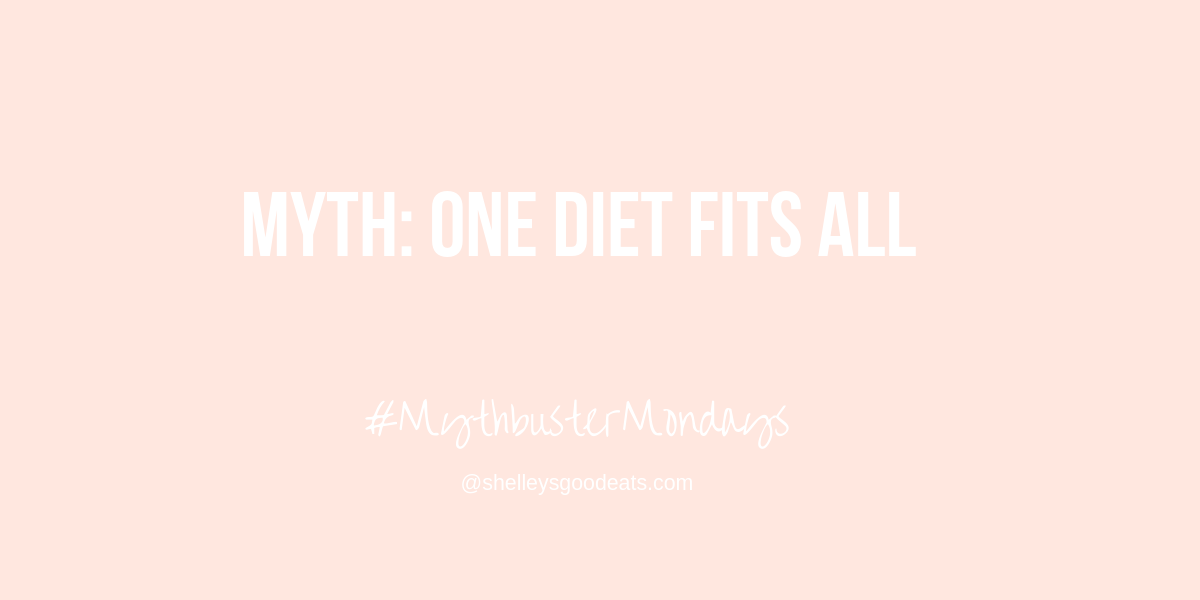

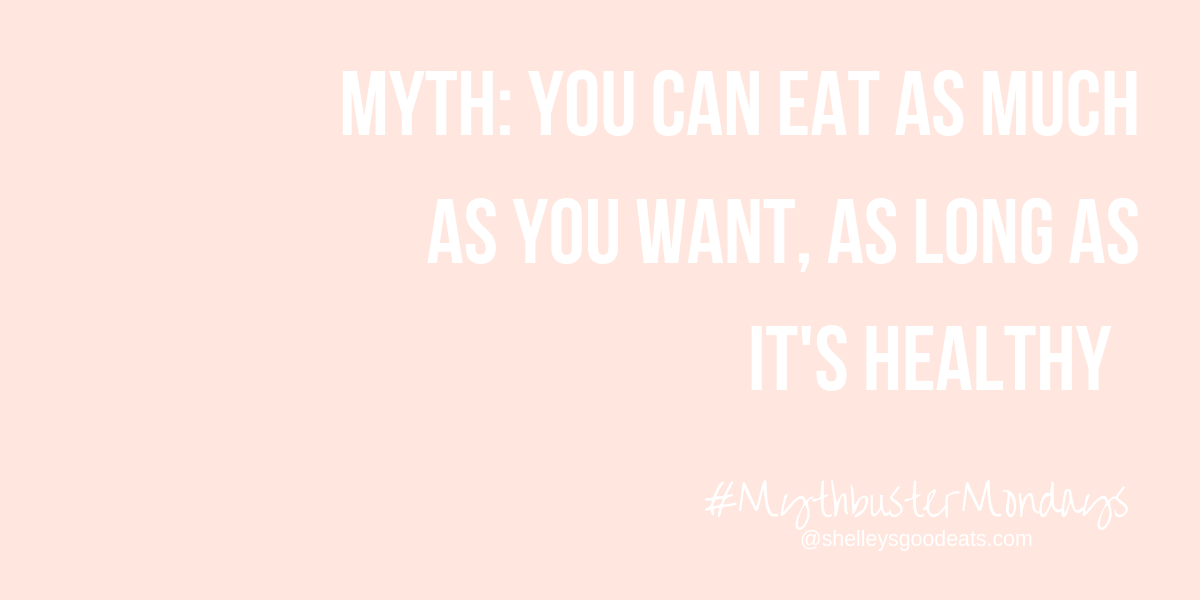
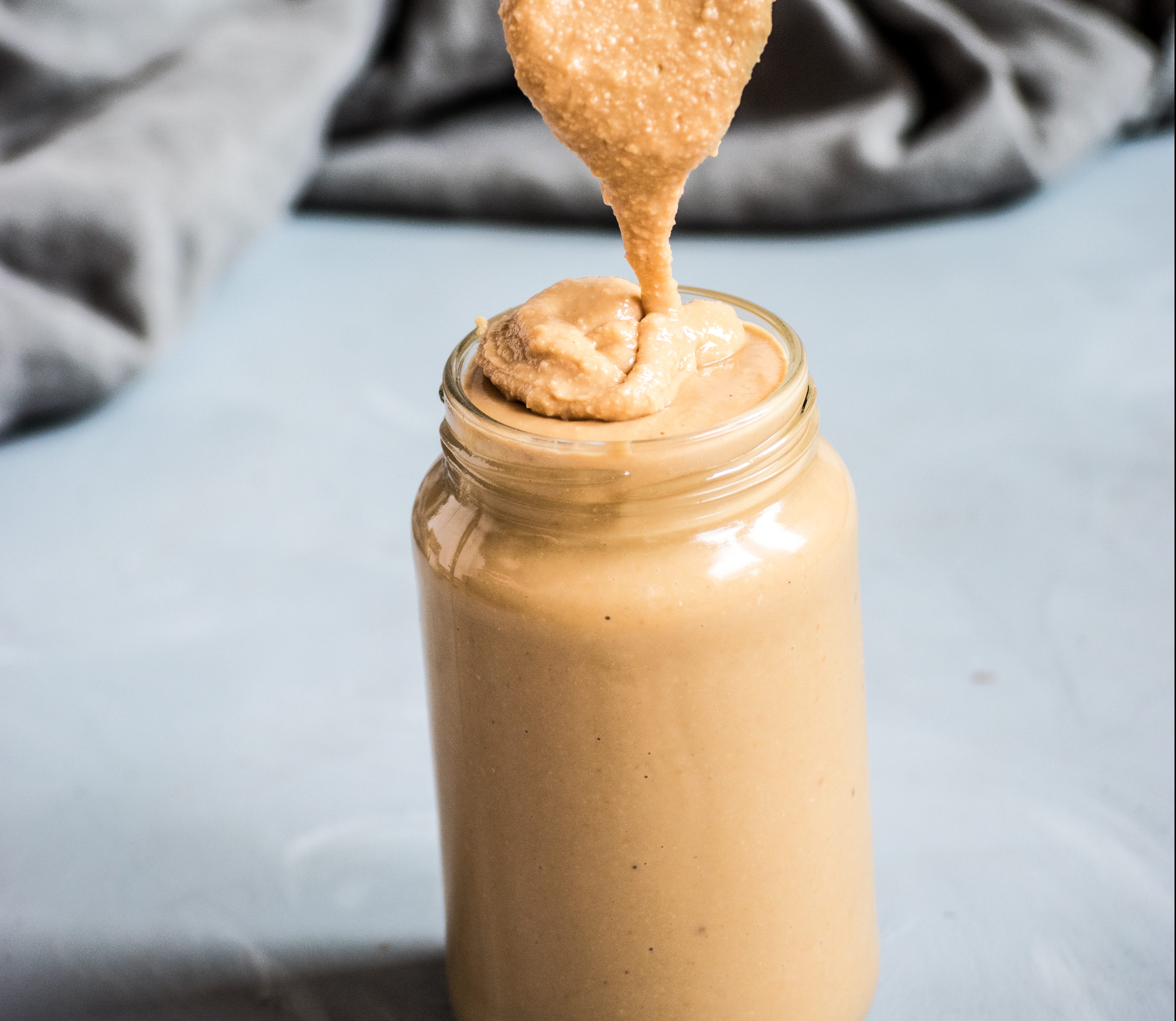

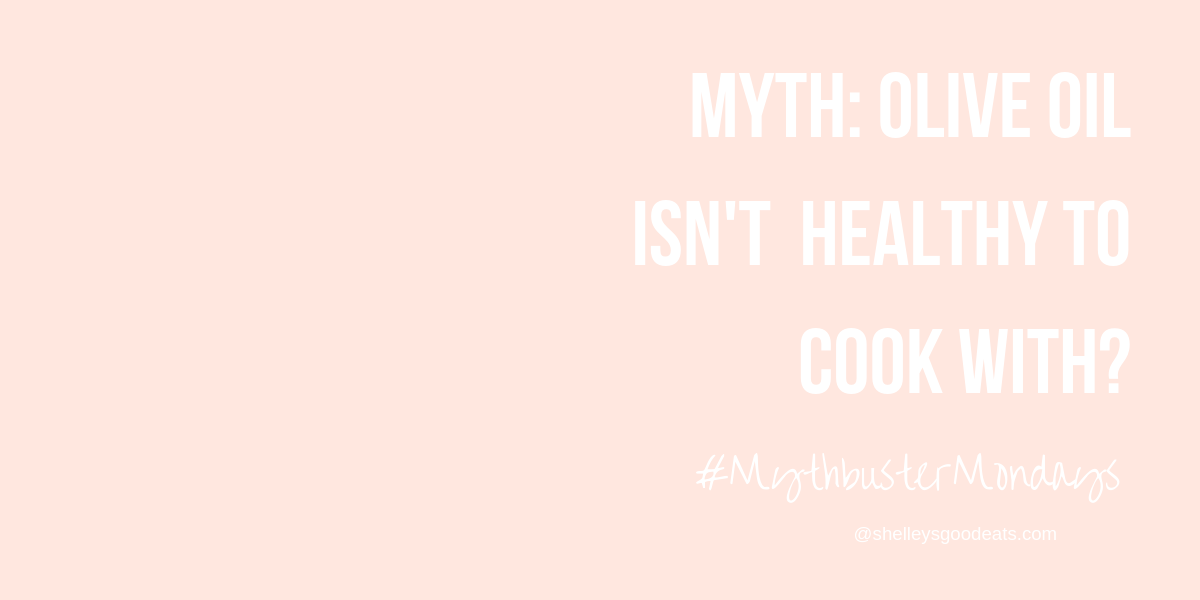


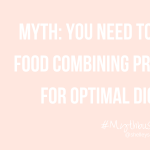

Hello, Your website is beautiful and your recipes are mouth-watering. I am wondering, do you have research that demonstrates that honey is worse than sugar for weight loss?
It might be worth investigating Ayurveda, or Samin Nosrat’s Salt, Fat, Acid to see that honey is heating and therefore it’s thermodynamic action on the gut actually helps with weight loss.
Also that honey should not be heated above 110F or it loses its beneficial properties.
Just wondering if you are familiar with these more ancient traditions or culinary science? Or what your research is based upon?
Thank you.
Hi Laura,
I am very familiar with the ancient traditions and culinary science. However that being said, there is no significant evidence to support the thermodynamic action on the gut from honey consumption assisting with weight loss and in fact honey is generally more calorie dense. https://www.ncbi.nlm.nih.gov/pubmed/21504975. There is a potential it could have benefits of appetite suppression – but there is not yet significant evidence to suggest so. In this article I demonstrate the similarities and difference between different sweeteners and how it is broken down by the body.